Posted on 11/30/2023
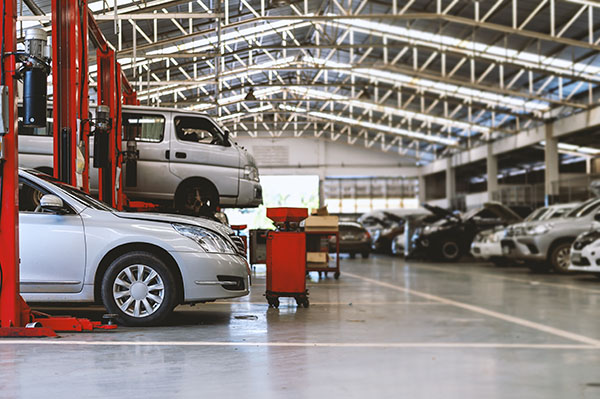
Embarking on the journey to find the perfect sedan can be both exciting and challenging. While the automotive market offers a plethora of choices, the sweet spot lies in discovering the sedan that marries affordability with outstanding features. Let's take a look at three contenders that stand out as the cheapest and best sedans you can buy, each boasting unique specs and trim levels that elevate the driving experience without breaking the bank. 1. Honda Civic LX (2018) The 2018 Honda Civic LX is a budget-friendly gem, combining efficiency and style. With a fuel-efficient 2.0L 4-cylinder engine and a Continuously Variable Transmission (CVT), this sedan offers reliability and affordability. The LX trim features a spacious interior, a 5-inch display, Bluetooth connectivity, and the Honda Sensing safety suite, making it an ideal choice for those seeking a well-rounded and economical driving experience. Specs & Features: Engine: 2.0L 4-c ... read more
Posted on 10/30/2023
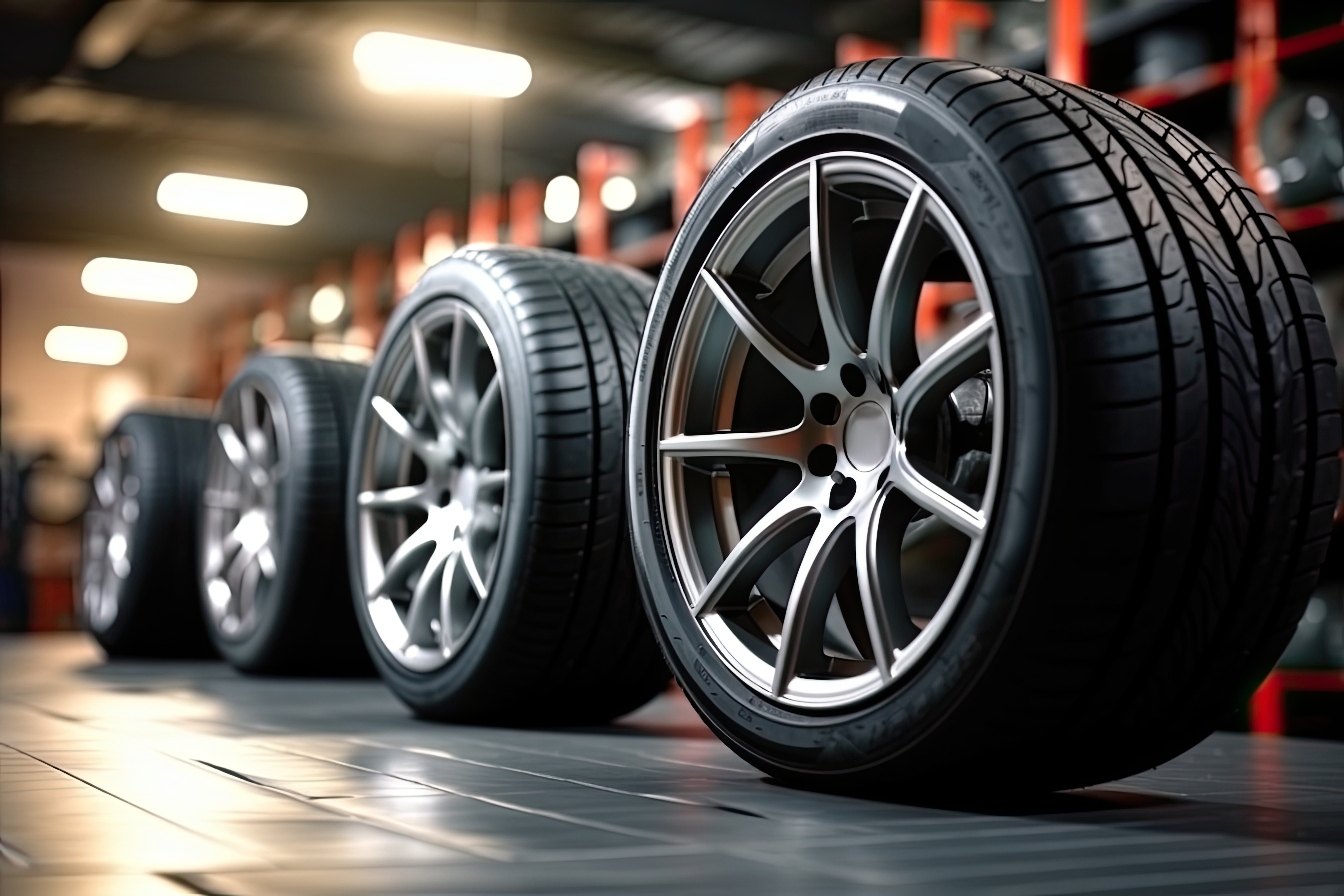
If you're someone who enjoys cars and driving, you know that the type of tires you have can greatly affect your overall experience. A good set of quality wheels brings quite a few benefits to your car. If you want to learn about that and a few of the most popular choices. The Transformative Power of Quality Tires A good set of tires can be the defining factor between an ordinary drive and an extraordinary journey. Beyond being mere rubber, they are the crucial interface between your car and the road. The right tires can enhance your vehicle's handling, improve fuel efficiency, provide a comfortable ride, and even contribute to overall safety, ensuring that every twist and turn on your road feels like a smooth, seamless dance. A few popular options for SUVs include: Michelin Defender LTX M/S Bridgestone Dueler H/L Alenza Plus Goodyear Assurance CS Fu ... read more
Posted on 9/30/2023
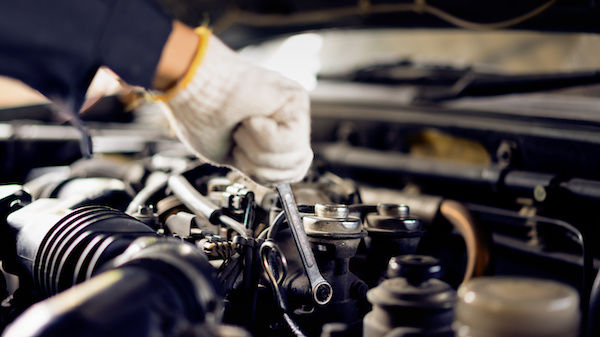
If you're like most car owners, you've probably heard the term "tune-up" tossed around at the auto repair shop. But what exactly is a tune-up, and why is it essential for your vehicle's health and performance? Pro Drive is here to clear things up by explaining the process of a car tune-up in simple terms, so you can understand why it matters. What Is a Car Tune-Up? A car tune-up is a regular maintenance service aimed at optimizing your vehicle's performance and fuel efficiency. It involves a series of inspections, adjustments, and replacements to ensure that all vital components are in top shape. What Happens During a Tune-Up Here's a breakdown of what typically happens during a tune-up: 1. Spark Plug Inspection and Replacement: The spark plugs are like the heart of your engine. They ignite the air-fuel mixture, powering your car. During a tune-up, the mechanic checks the conditi ... read more
Posted on 8/30/2023
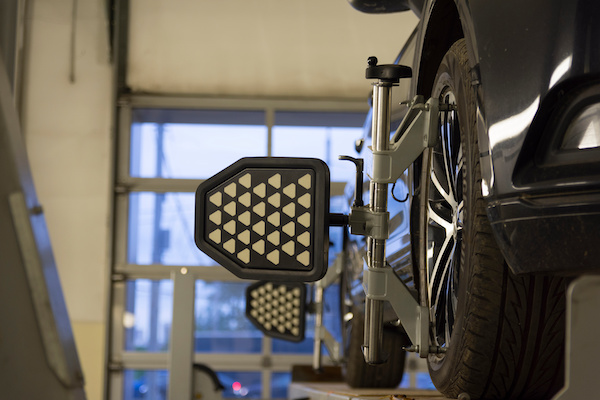
Wheel alignment is the precise adjustment of your wheels' angles to ensure they're perpendicular to the ground and parallel to each other. When your wheels are in perfect alignment, your car moves in a straight line with minimal resistance and even tire wear. On the other hand, bad alignment can cause your vehicle to veer slightly to one side. That's a classic sign of misalignment. Whether it's due to hitting a pothole, a curb, or just the wear and tear of daily driving, your wheels can gradually lose their proper alignment. This can lead to uneven tire wear, reduced fuel efficiency, and even compromised handling. Symptoms of Misalignment Off-Center Steering Wheel: When your steering wheel isn't centered while driving straight, it's a clear indication that your wheels might be misaligned. Uneven Tire Wear: If you notice that your tires are wearing out unevenly, with one side wearing faster than the other, misalignment could be the culprit. Vehicle Pul ... read more
Posted on 7/18/2023
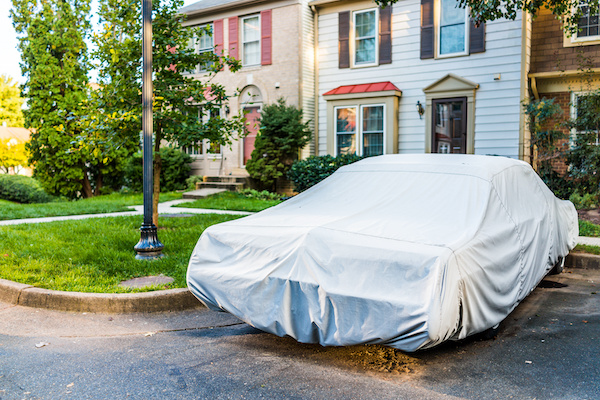
There are times you might not need your car during summer. It may be due to travel plans or other activities. You should store your car well to keep it safe during this time. Tips for Safe Keeping of Your Vehicle These essential tips will help keep your vehicle safe: 1. Find a Suitable Location Consider finding a cool, dry place away from direct sunlight. A garage or covered parking area is ideal as it provides protection against extreme temperatures and UV rays, which can cause paint fading. 2. Clean Thoroughly Before storing your vehicle, give it a thorough cleaning inside and out. Remove debris or food particles that could attract pests or cause damage over time. Apply wax to protect the exterior surface from dust accumulation. 3. Inflate Tires and Disconnect Battery Inflate your tires to their recommended pressure level before placing your vehicle in storage, as under-inflated tires can develop flat spots over time. Disconnecting the battery or using a battery maintainer or ... read more